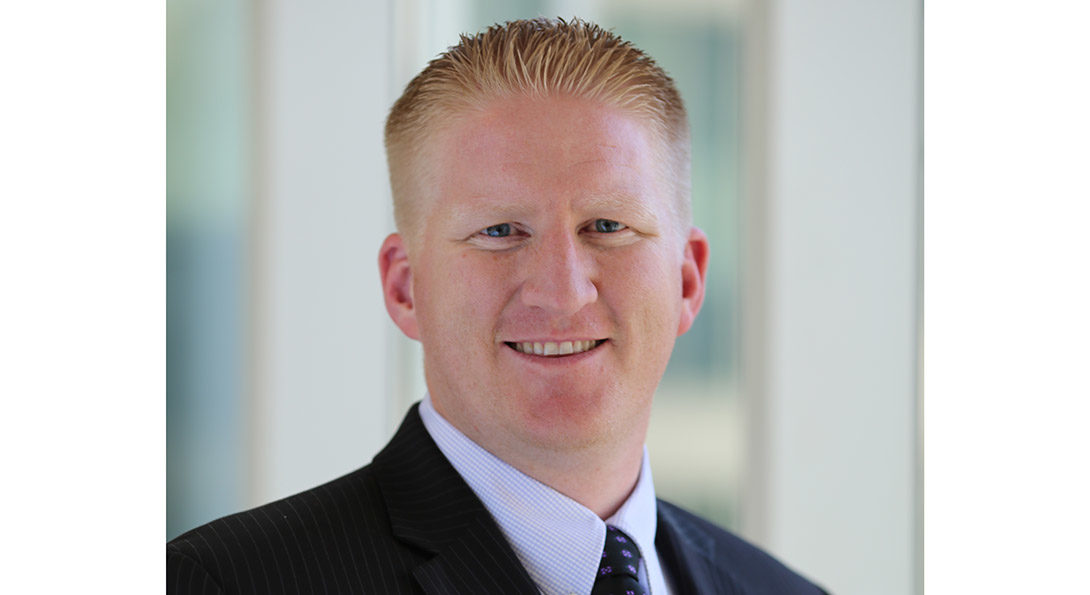Reacting to Risk: J. Scott Judd on Auditor Behavior
Reacting to Risk: J. Scott Judd on Auditor Behavior Heading link

One of J. Scott Judd’s driving questions is, how do auditors react to risky clients? “The personality of a client’s CEO can give clues about the riskiness of a client. I look for evidence of whether auditors recognize this relationship between executive personality and risk.”
In “CEO Narcissism, Accounting Quality, and External Audit Fees,” Judd and his coauthors used a number of factors to establish the “tone at the top” of a given organization, and where that tone was one of high risk-taking, began researching auditors’ reactions.
“Any large auditor has a portfolio of clients, so managing the risk of one client is part of managing overall risk in the portfolio.” The effects of one failed client can ripple throughout a portfolio. “A failure is often followed by fears of ‘contamination’ – how widespread are the auditing flaws? A client bankruptcy can create a conservative reflex; internal communications will reflect increased vigilance, and remaining clients will be dealt with more strictly.”
Asked about his recent move from Arizona to Chicago, Professor J. Scott Judd replied, “I was attracted by the diversity of UIC, which is reflected in the diversity of Chicago. But above all, I was attracted by the UIC Business accounting department.”
As one of four new faculty members in the department, Judd adds new dimensions to both the research and teaching of accounting at UIC Business. “My work is grounded in auditing practice. I want my students to leave UIC with a deep understanding of the fundamentals of an audit, and with the ability to work in groups and communicate with other auditors and with clients. These are all critical to exercising professional judgment as an auditor.”